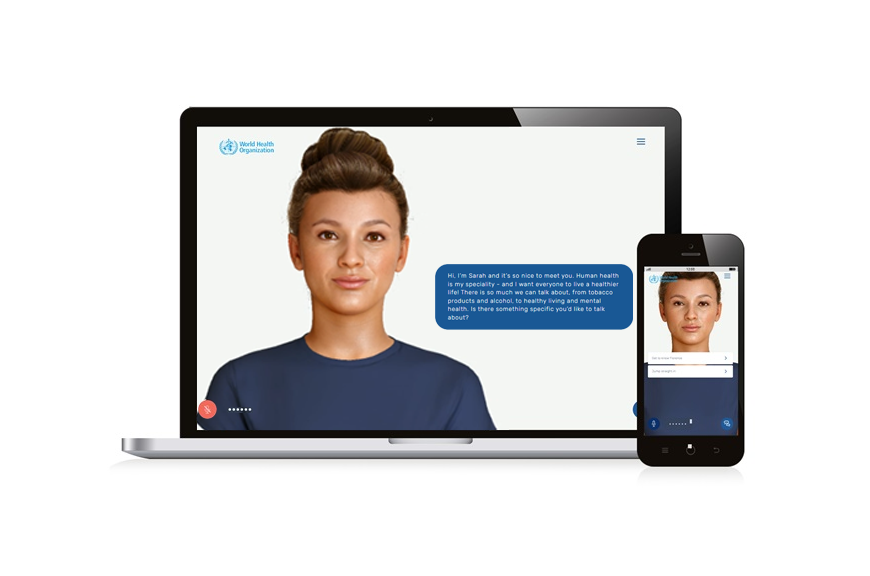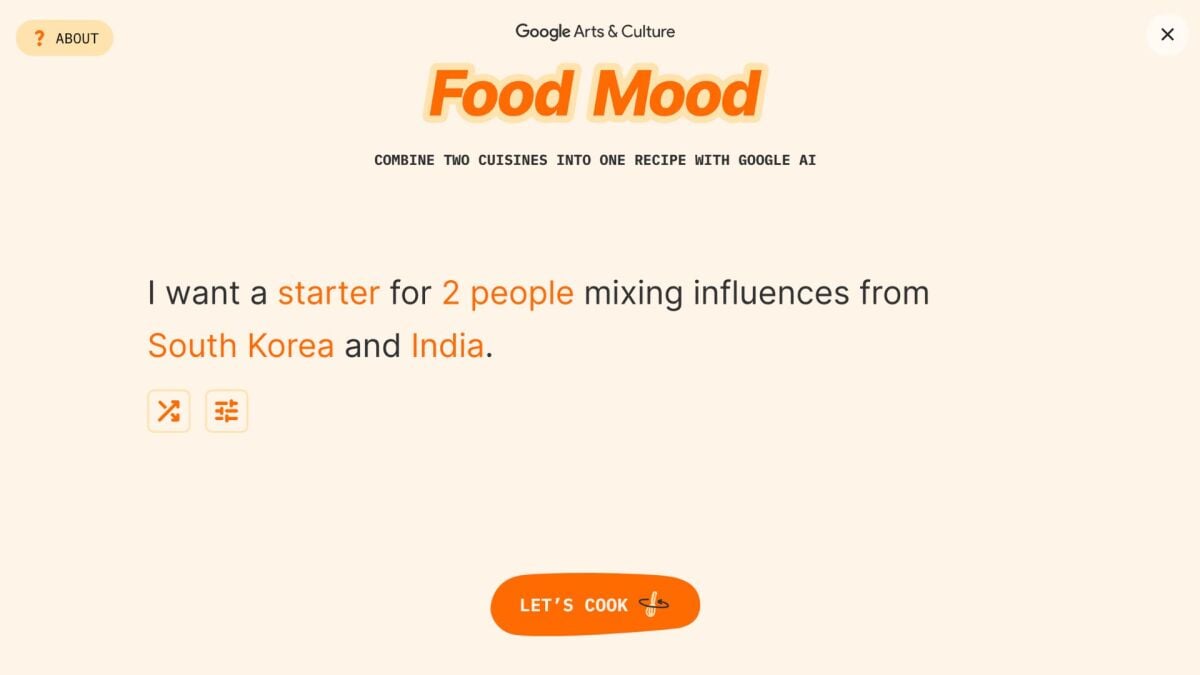On the occasion of World Health Day, which is centered around the theme ‘My Health, My Right’, the World Health Organization (WHO) has introduced S.A.R.A.H., an innovative digital health promoter prototype featuring an advanced empathetic response mechanism driven by generative artificial intelligence (AI).
S.A.R.A.H., short for Smart AI Resource Assistant for Health, marks a significant advancement in AI-based health information avatars, leveraging state-of-the-art language models and technology. This digital assistant is designed to interact with users round the clock in 8 languages, addressing a wide array of health-related topics accessible on various devices.
The WHO’s digital health promoter, S.A.R.A.H., is adept at delivering information on key health subjects such as healthy practices and mental well-being, empowering individuals to enhance their health and overall wellness. By offering valuable insights, it serves as a valuable resource for individuals to exercise their right to health, regardless of their location.
Furthermore, S.A.R.A.H., affectionately known as Sarah, is equipped to assist individuals in comprehending the risk factors associated with major global causes of mortality, including cancer, cardiovascular diseases, respiratory conditions, and diabetes. Through S.A.R.A.H., users can access updated guidance on smoking cessation, physical activity, nutritious eating habits, stress management, and more.
Dr. Tedros Adhanom Ghebreyesus, the Director-General of WHO, emphasized the significance of digital health by stating, “The future of health is digital, and supporting countries to harness the power of digital technologies for health is a priority for WHO.” He highlighted the potential of artificial intelligence, exemplified by S.A.R.A.H., to revolutionize health information dissemination in an interactive manner, urging the research community to explore its role in promoting health equity and providing reliable information.
S.A.R.A.H. now integrates generative AI technology, enabling real-time responses, personalized interactions, and empathetic engagements that closely resemble human conversations. This advancement, supported by Soul Machines Biological AI, ensures a judgment-free environment for users seeking health-related information.
While acknowledging the transformative potential of AI in public health, WHO underscores the need for ongoing research to maximize its benefits while addressing ethical considerations such as equitable access, privacy, safety, data accuracy, protection, and bias. The organization remains committed to upholding ethical standards and evidence-based practices in health communication, emphasizing the importance of ethical deployment of AI technologies to benefit all individuals.
Through continuous refinement and learning, the S.A.R.A.H. project aims to deliver reliable, responsible, and easily accessible health information. Previous versions of this initiative, operating under the name Florence, played a crucial role in disseminating essential public health messages during the COVID-19 pandemic, covering topics like the virus, vaccines, tobacco usage, healthy dietary habits, and physical activity.
In its mission to extend health information outreach, WHO leverages a variety of digital platforms including social media, chatbots, channels, and text messaging to amplify its health communication efforts.










